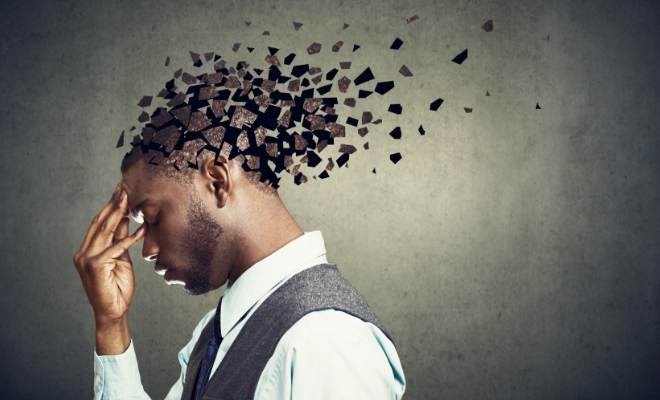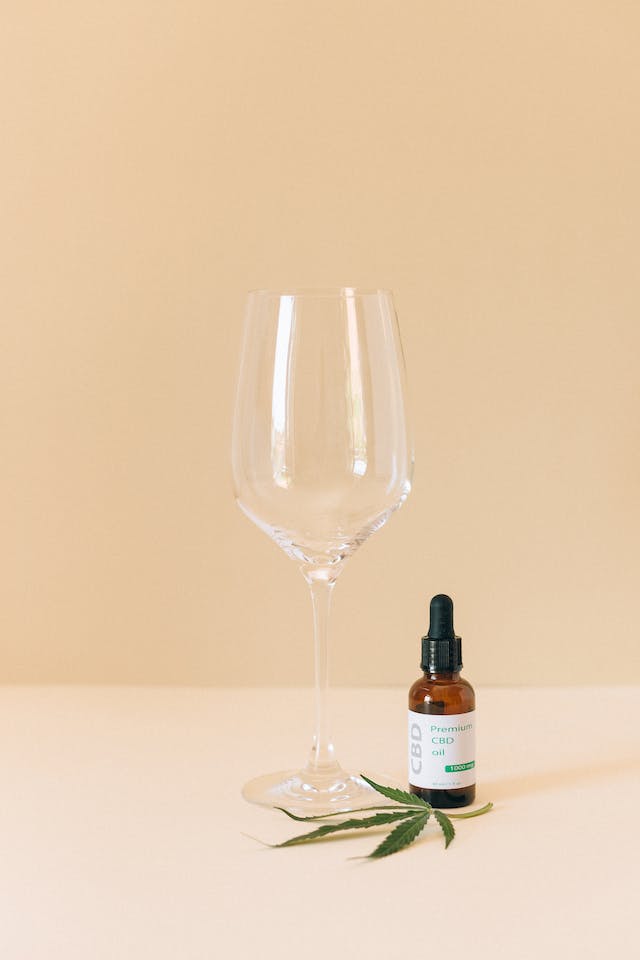Obsessive Compulsive Disorder ores sometimes treated from the cinema or literature in a humorous way, as if it were an eccentricity or a curious mania. It is not. It is true that in some ways manias can be similar to compulsions and the line that separates them is sometimes very thin, but to tell the truth there are many differences between mania and OCD and the main one is that one of them is a limiting and disabling disease. So we are not kidding when we talk about OCD.

Do you have hobbies?
And who does not have hobbies? Sometimes even the routine can become a hobby. That person who always dines at the same time and if one day they cannot do it for whatever reason, they feel certain restlessness, as if something were wrong. But nothing happens to him, he can have dinner later for a day or two, he’ll go back to his routine and make dinner at that same time a mania again.
Who hasn’t wanted to wash their hands after touching the subway railing? Without a doubt, she will be full of germs. And you may avoid touching it most of the time, but if one day you do it, nothing happens. You go to work the same way and you don’t go directly to the toilet to wash. What’s more, throughout the day you forget that you have touched the railing and the supposed danger of catching a disease.
Hobbies there are many and almost no one gets rid of them. Especially at home, with rituals that may seem extravagant to some, while in their own homes they also have particular routines. And what harm does mania do? In principle none. As long as the hobby does not become an obsession, a need and a dependency, the hobby will remain a hobby and not a dangerous act.
Or… do you have OCD?
But what happens when you have OCD? It happens that these hobbies become compulsive and absolutely necessary acts. It happens that you have to do yes or yes what you are thinking in an obsessive and invasive way. Wash your hands, repeat the last word, check, turn the light on and off three times, put that cushion in its correct place. Because if you don’t, anxiety destroys you and the feeling of danger dominates you.
Because the moment you do, you find momentary relief from you. Your obsessive thoughts calm down for a few minutes, but then they come back to force you to continue making those compulsive gestures. Your day is full of compulsions, although some around you (or yourself) may believe and think that they are simple hobbies. And between obsessions and compulsions they take up precious time that you could be enjoying or taking advantage of in another way.
You know you have OCD when you can’t help but perform the compulsion. When if for some reason you can’t, for example, wash your hands and you panic. Yes, an unrealized compulsion can lead to an anxiety attack oar. That’s when it starts to limit you and destroy your life, that’s why it’s a disorder, an Obsessive Compulsive Disorder.
Main differences between mania and OCD
From the outside, mania and Obsessive Compulsive Disorder look the same, but they do not live the same from the inside. Manias are usually rituals created based on routines without the intervention of any intrusive thought. They may even be the product of superstition or education received in childhood. Hobbies can arise from imitation, inertia and even boredom.
Mania does not limit your life. It can be considered eccentric behavior, but if one day you can’t do it, absolutely nothing happens.
OCD is disabling. You can’t do anything else until you’ve managed to calm the anxiety that obsessive thinking causes you.
Repetition is one of the keys to differentiating OCD from a mania. How many times do you repeat that behavior? It is true that a hobby can be repeated many times a day and that is when you have to be very careful so that this behavior does not become pathological. How do we find out?
You can tell if you are able to stop. You can stop a hobby, even if you feel some restlessness. However, you cannot stop doing the OCD compulsions. You just can’t.
Obsession is another difference between mania and OCD. We must remember that the act that leads you to disinfect the house, to accumulator to check an email over and over again before sending it is caused by an obsessive thought.
The degree of anxiety also differentiates OCD from mania. When you can’t carry out a hobby, you may notice some uneasiness due to breaking a habit, but the discomfort usually doesn’t go any further. In OCD the anxiety is present at all times, it reaches its peak when the obsessive thought grows and decreases a bit when you manage to perform the compulsion.
How much time a day do you dedicate to your hobbies? Manias are a specific gesture, in OCD compulsions are repetitive acts that can take up a good part of the day. Be alert if what you need to do to get rid of the obsession takes more than an hour a day.
Hobbies can stay in the personal sphere. For its part, OCD does not take long to invade, affect and wear down your family, partner, social and work relationships.
When manias become Obsessive Compulsive Disorder?
We cannot deny that we all have some hobbies and that with age these become more intense and frequent. Manias are not dangerous in any way, but if you are suffering from an emotional disorder, these harmless gestures may be passed next to OCD.
Perhaps you remember in your student days that you had a lucky pen, the one that you took to all the exams because you thought that with it you would always pass. Now imagine that one day you lose it and you arrive at the exam without your lucky pen. You have to borrow a pen from a colleague and you feel very upset about that setback.
But you do the exam the same, right? Without your lucky pen, but you take the exam and you also pass it because deep down you know that passing that exam doesn’t depend on a pen, no matter how magical it may be. That is a hobby, a very common hobby, moreover.
But what if the fact of not carrying your pen leads you to feel not discomfort but great anxiety? The anxiety is so great that you experience all the symptoms such as excessive sweating, hyperventilation, tachycardia, tingling… You can end up suffering a panic attack because you don’t have your pen. And most importantly, your obsession leads you to decide that you can’t take that exam without your lucky pen. A great missed opportunity that is not lost due to a simple hobby, but due to a real disorder.






